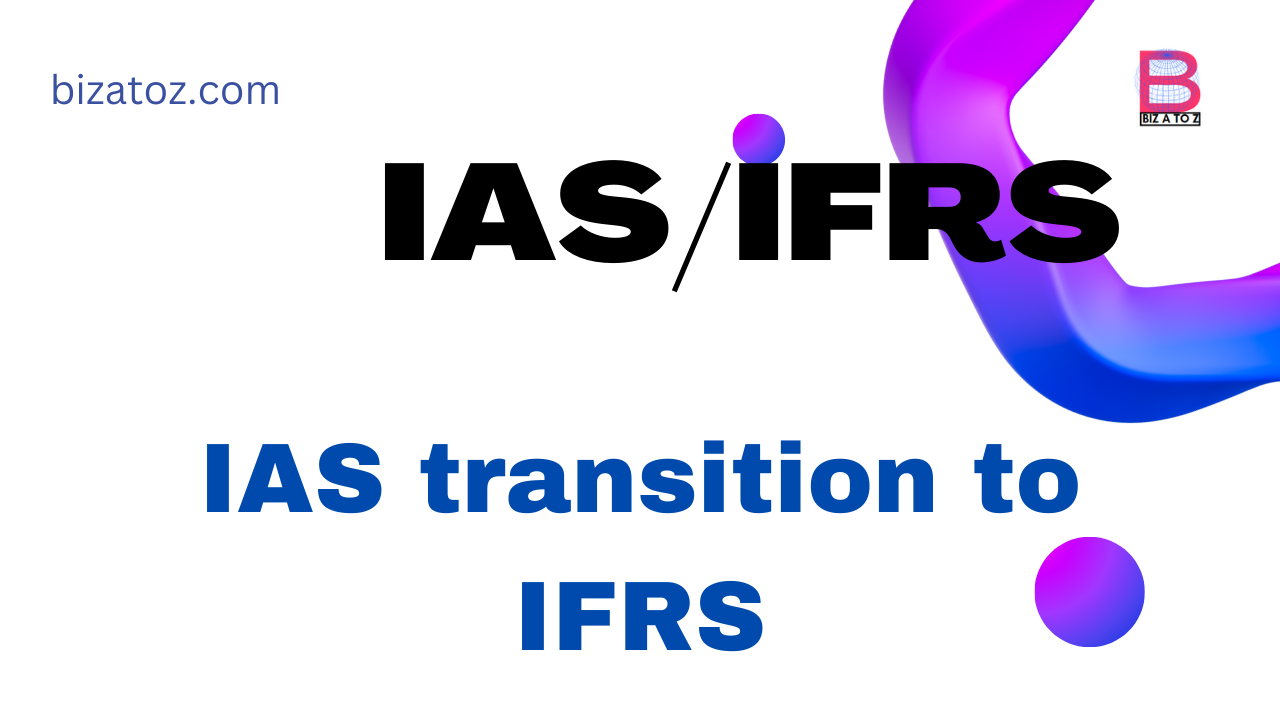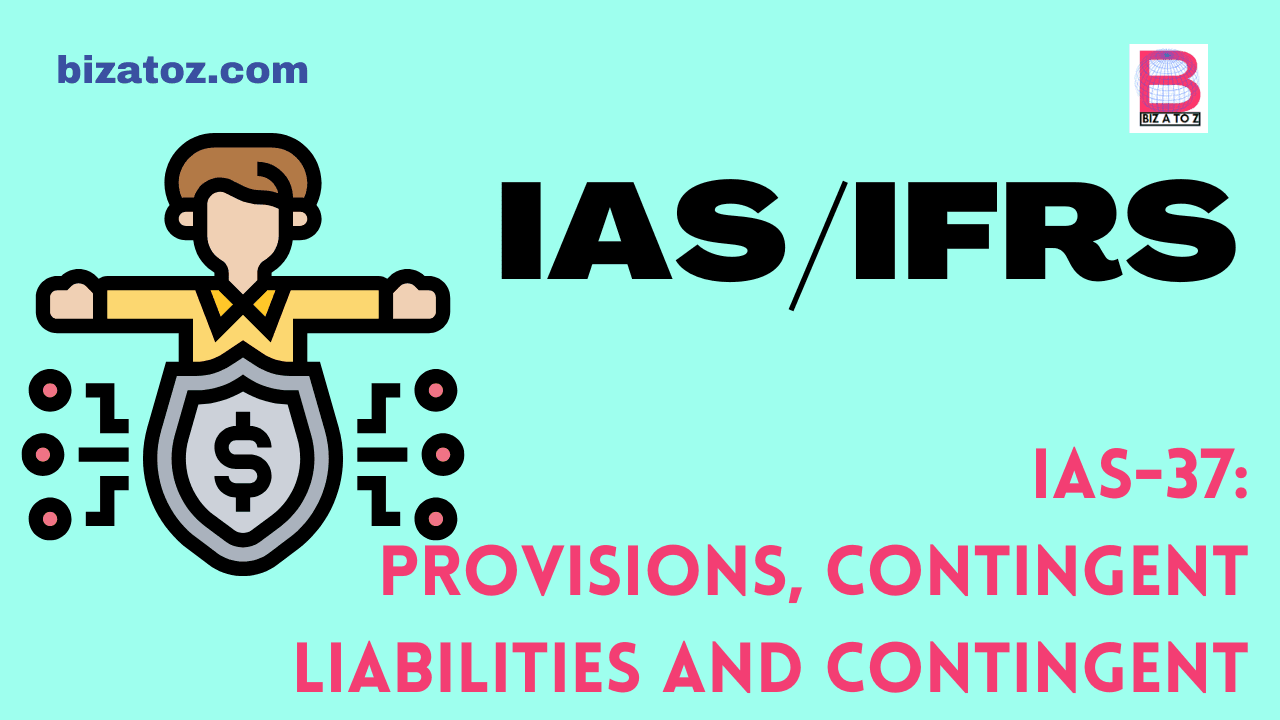
Why IAS transitioned to IFRS? In 2001, the transition from International Accounting Standards (IAS) to International Financial Reporting Standards (IFRS) occurred. Let’s discuss the reasons below:
- The International Accounting Standards Committee (IASC) restructured and transformed into the International Accounting Standards Board (IASB) to broaden the scope of issued standards.
- The terms Accounting Standards to Financial Reporting Standards are more aligned with international terminology and cover various aspects of reporting.
- Different countries have developed their accounting standards, leading to diversity in financial reporting practices. The adoption of IFRS fosters consistency in accounting principles. This makes it easier for investors, analysts, and other stakeholders to understand and compare financial information across different jurisdictions.
How many Financial Reporting Standards has issued?
The IAS transitioned from IFRS represents a broader evolution in global financial reporting standards. It reflects the ongoing efforts to enhance and harmonize financial reporting practices on an international scale. The International Accounting Standards Board (IASB) reviews and updates standards periodically, leading to the evolution of amended or new standards. IASB issued Following IFRSs to date:
| IFRS | Title | Status |
| IFRS 1 | First-time Adoption of International Financial Reporting Standards | |
| IFRS 2 | Share-based Payment | |
| IFRS 3 | Business Combinations | |
| IFRS 4 | Insurance Contracts | Superseded by IFRS 17 |
| IFRS 5 | Non-current Assets Held for Sale and Discontinued Operations | |
| IFRS 6 | Exploration for and Evaluation of Mineral Resources | |
| IFRS 7 | Financial Instruments: Disclosures | |
| IFRS 8 | Operating Segments | |
| IFRS 9 | Financial Instruments | |
| IFRS 10 | Consolidated Financial Statements | |
| IFRS 11 | Joint Arrangements | |
| IFRS 12 | Disclosure of Interests in Other Entities | |
| IFRS 13 | Fair Value Measurement | |
| IFRS 14 | Regulatory Deferral Accounts | |
| IFRS 15 | Revenue from Contracts with Customers | |
| IFRS 16 | Leases | |
| IFRS 17 | Insurance contracts |
Reporting standards are continuously evolving and updating, so be sure to check at IFRS website for any changes.
Read more about IAS: What is International Accounting Standards (IAS)?
This blog post is written by Monir Bhuiyan, a member of ACCA (Association of Chartered Certified Accountants) and ICAB (Institute of Chartered Accountants of Bangladesh).






